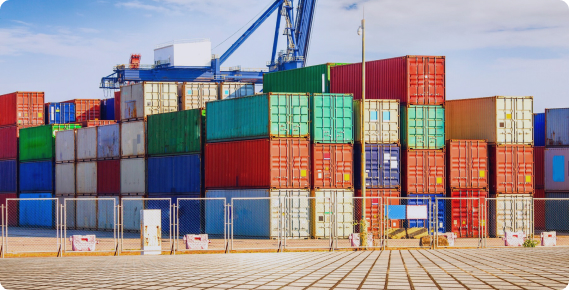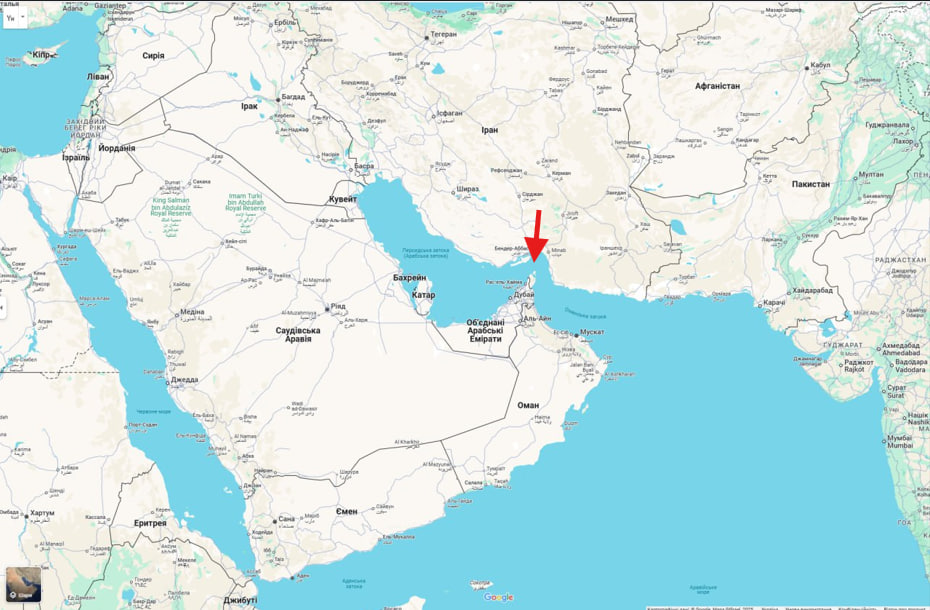
Recent events in the Middle East are causing concern not only in politics but also in logistics. The military clash between Israel and Iran may have serious consequences for global supply chains. The main risk is the potential blockade of the Strait of Hormuz — a strategic route for transporting oil and other cargo. In this article, we analyze the possible consequences of the escalation, its impact on shipping, and what businesses should do right now.
The Strait of Hormuz is a narrow sea passage between Oman and Iran, through which over 20% of the world’s oil exports pass. Around 17 million barrels of crude oil are transported daily. A blockade of this route, even for a few days, could trigger market panic, a rise in oil prices, and delays in shipments.
Major international carriers are currently monitoring the situation closely. According to preliminary data, freight rates for sea shipping remain stable. However, increased tension may lead to:

Ukrainian importers and exporters working with China, India, Turkey, the UAE, or other countries with logistics chains that pass through the Strait of Hormuz may face delays in the near future. This applies especially to:
A rise in logistics costs is also expected, so it’s wise to factor this into your planning now.
In a rapidly changing environment, businesses must act quickly and proactively. Here are some steps to help minimize risk:
DiFFreight monitors the situation in real-time. Our partners in China provide up-to-date information on how the conflict affects shipping. If you need current rates, delivery timelines, or risk analysis — contact us. We’ll help you adapt to the new conditions and ensure smooth logistics for your business.

